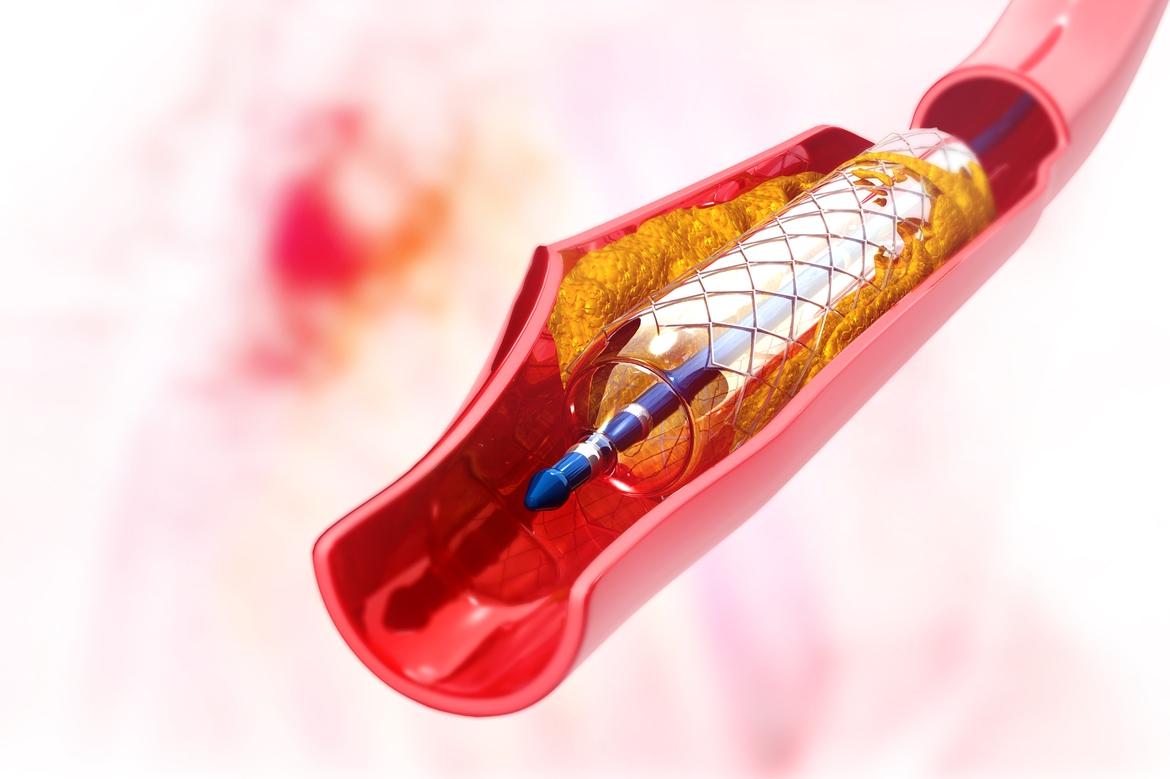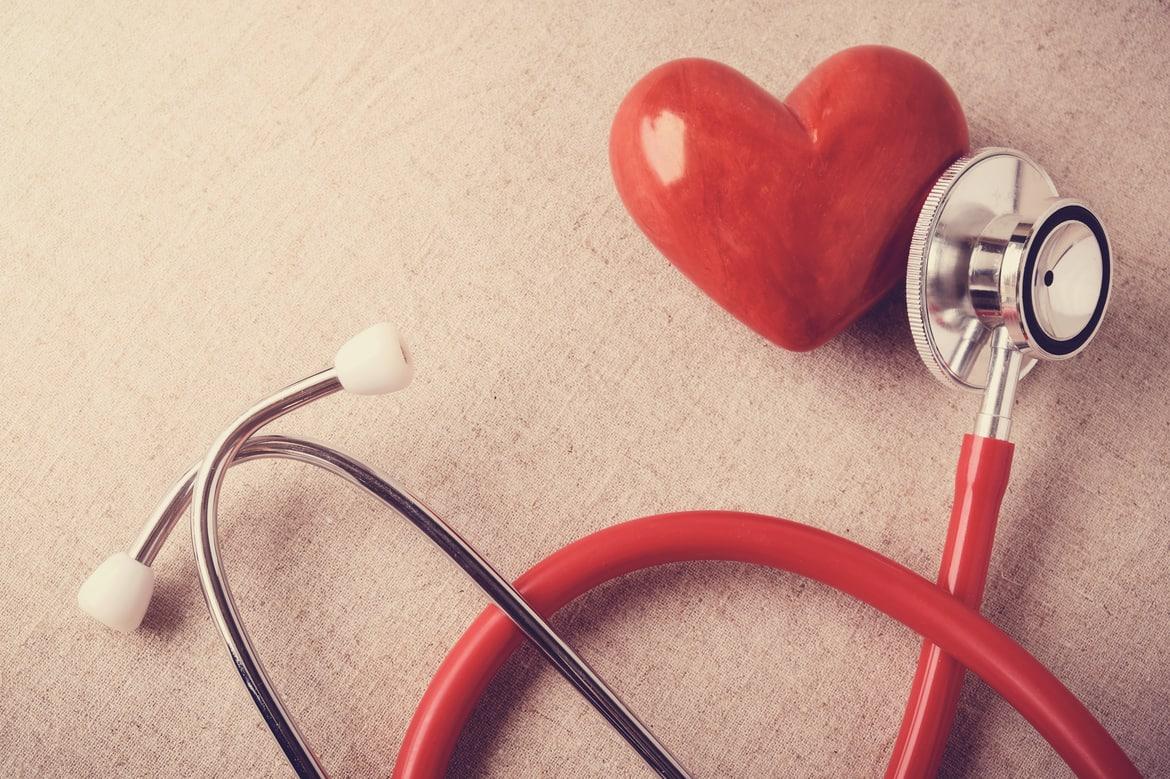-
-
Featured Care Areas

Coronary Artery Disease (CAD)
How is coronary artery disease diagnosed?
Your doctor will ask about your family and medical history and determine your risk factors.
Diagnostic tests
Your doctor may also recommend the following tests:
- Electrocardiogram (ECG). Records your heart's electrical activity through electrodes (small, plastic patches that stick to the skin).
- Exercise stress test. Involves running or walking on a treadmill to determine how well your heart responds during exertion.
- Blood test. Checks your levels of cholesterol, triglycerides, sugar and other risk factors of coronary artery disease.
- Cardiac magnetic resonance imaging (cardiac MRI). A non-invasive procedure that uses magnets and radio waves to produce detailed images of your heart.
- Coronary calcium scan. A computed tomography (CT) scan that measures the build-up of calcium in coronary arteries.
- CT coronary angiogram. A non-invasive scan that uses a contrast dye to produce detailed images of your heart's arteries.
- Coronary angiography. An invasive procedure that uses a contrast dye and x-rays to see how blood flows through your heart's arteries.
Tip: Protect your heart through regular screenings. Heart disorders usually have 'silent' symptoms. Check your heart's health regularly to identify hidden risks and gain peace of mind.
How is coronary artery disease treated?
Depending on the severity of your condition and associated risk factors, your doctor may recommend lifestyle changes, medication or surgery. These measures should help you to improve your coronary circulation.
Lifestyle changes
To improve your heart health, you should:
- Exercise regularly. Cardio (aerobic) exercise can help to manage weight, high cholesterol and high blood pressure.
- Maintain a healthy body weight. Losing weight can help to reduce risk factors significantly.
- Consume a healthy, balanced diet. Aim for more fruits, vegetables, whole grains, legumes and nuts.
- Reduce stress as much as possible. Practise stress management techniques such as deep breathing exercises, meditation and mindfulness.
- Quit smoking. Quitting is one of the best ways to improve your condition, as smoking is a major risk factor.
Medication
To improve your condition, your doctor may recommend the following medication:
- Beta-blockers to reduce blood pressure and heart rate.
- Angiotensin-converting enzyme inhibitors to reduce blood pressure.
- Calcium channel blockers to reduce blood pressure and relieve angina.
- Statins to reduce total cholesterol and LDL (bad cholesterol).
If you are at risk of a heart attack, your doctor may also recommend aspirin.
Surgery
If lifestyle changes and medication are unable to improve symptoms, you may need one of the following procedures:
- Percutaneous transluminal coronary angioplasty. A minimally invasive procedure that opens narrowed or blocked coronary arteries through a balloon (balloon angioplasty).
- Coronary artery bypass surgery (CABG). An open-heart surgery that creates an alternate route for blood to flow around a coronary artery blockage.
Speak to our cardiologists to determine the most suitable coronary artery disease treatment for you.
This page has been reviewed by our medical content reviewers.
Need help?
For enquiries, please call
+65 6377 3737
For appointment bookings, please WhatsApp
+65 8111 3777








